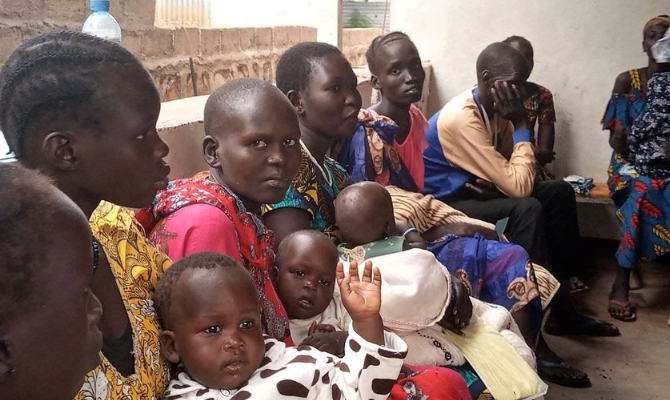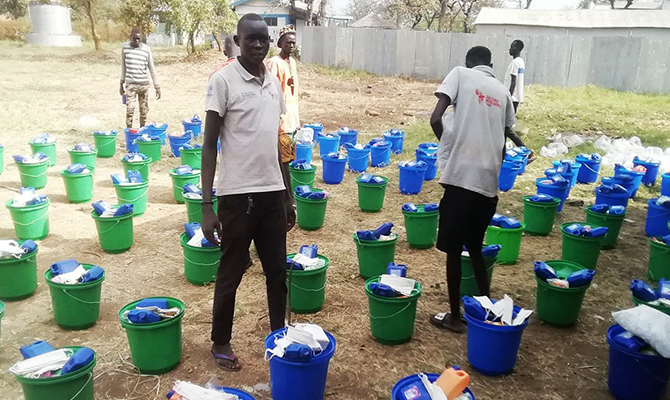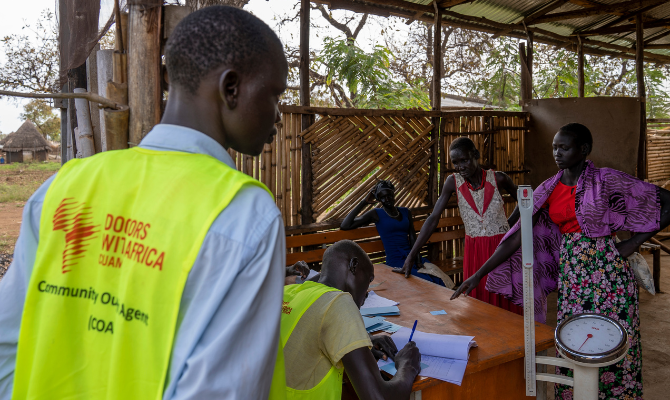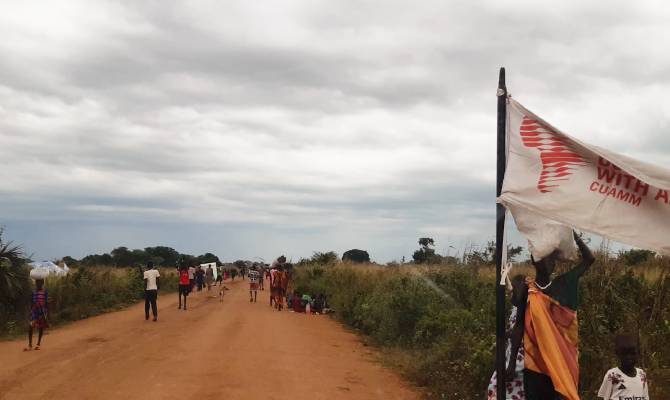«Three weeks ago, we started running a health post at the Tierkidi refugee camp – says Daniel Frehun, project officer for Doctors with Africa CUAMM in the Gambella region. Since the first day of opening, we have registered a very high number of patients and to date more than 1,700 people have had access to various services, in particular outpatient visits, antenatal visits, maternal services, and vaccinations».
Gambella, in western Ethiopia, on the border with South Sudan, is one of the most disadvantaged regions in the country with poor access to primary health care and essential health services. It currently has 485,000 refugees, most of them from South Sudan, in six different refugee camps.
Doctors with Africa CUAMM started its intervention in the Gambella region in 2017, following a request from the Ethiopian Ministry of Health. Four years have passed and CUAMM is still on the front line, in a still very fragile context, with a population that, among others, is in dire need of help in terms of health. With the support of the Italian Cooperation and other donors, initial support was given to the Gambella Regional Hospital and the surrounding area, then the commitment was extended first to the Nguenyyiel refugee camp and now also to the Tierkidi refugee camp, hosting more than 58,000 people. The main objective of the intervention is to assist and take care of 100 pregnant women and 800 children under five years of age per month. In addition to this, the provision of medicines, medical supplies, and fuel for the electricity generator is guaranteed, as well as the training and supervision of the operators working in the health post.
«Patients seem to be satisfied with the attention and care they receive, and community leaders have told us that since the health post was activated, people no longer have to walk for kilometers to access health services», Daniel says with satisfaction.
CUAMM’s efforts to address the needs and complexities of the context are recognised by local authorities and communities, but challenges still remain.





